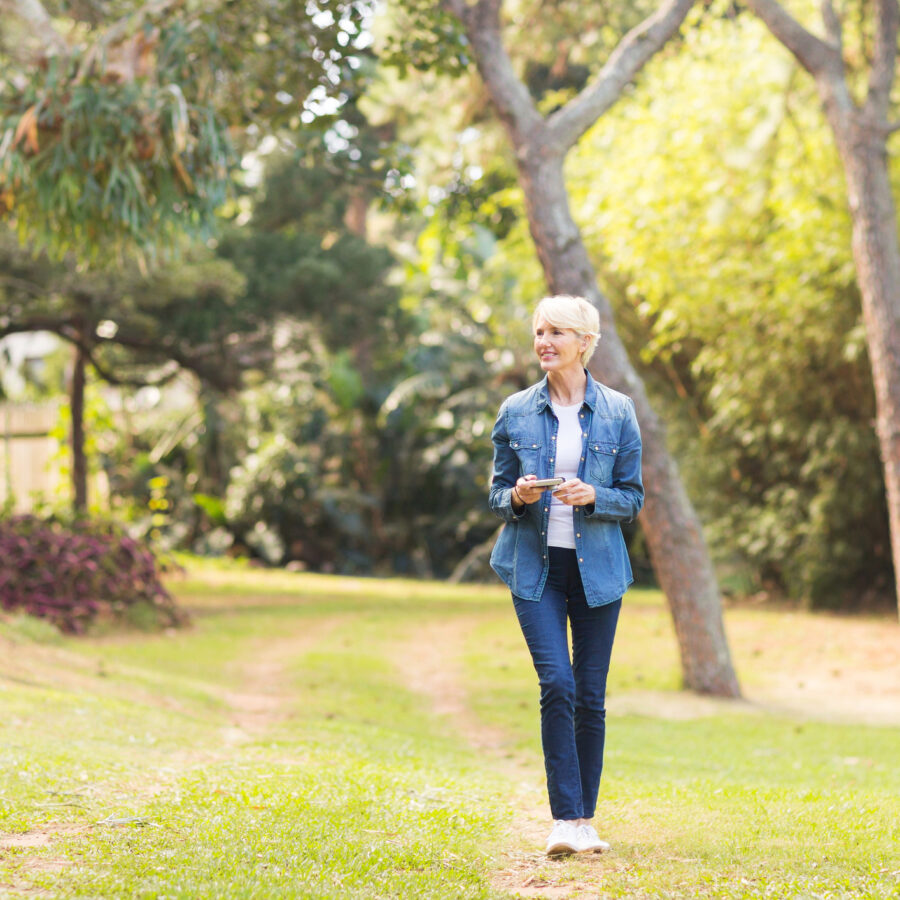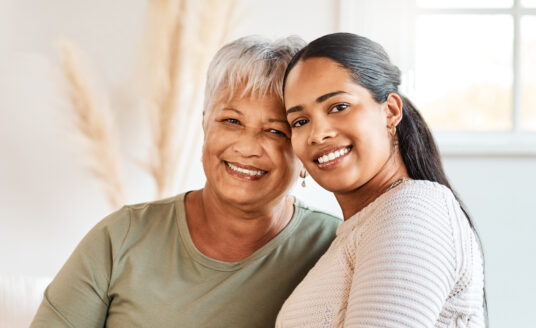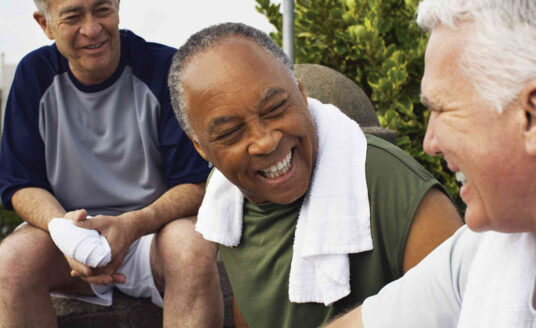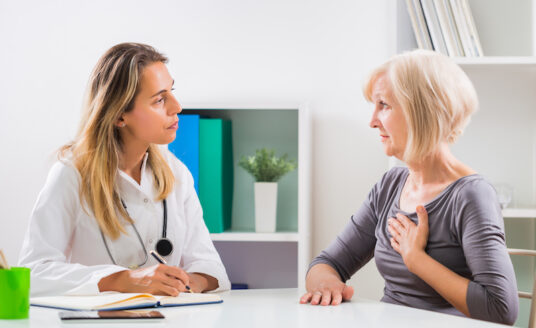Have you ever found yourself standing in a place where nothing looked familiar, and you didn’t know how you got there or which way to turn?
The coronavirus (COVID-19) has taken away much of what was familiar to us—going to stores, restaurants and events, attending school, and gathering with family and friends. We feel bewilderment and, perhaps, the beginning of panic because our lives and health have become unpredictable in this new environment.
The U.S. Forest Service recommends the four steps below for people who are lost that may aid us in our efforts to regain our bearings amid this pandemic.
1. Stop
According to the Forest Service, “Stay calm, stay put. Panic is your greatest enemy.”
Easier said than done, but essential. Stress and anxiety not only affect us emotionally, they also diminish the body’s immune system. They can produce negative changes in sleeping and eating patterns, worsen chronic health problems, and increase the use of alcohol.
It’s natural to be concerned, or even worried, about what is happening, but control and funnel those concerns and worries into productive and effective action.
2. Think
It is especially difficult to think clearly when so many thoughts and emotions are flooding your mind that you can’t pick out what to deal with first.
The recommendation is “Go over in your mind how you got where you are.” For our purposes, review recent events and try to put them into some kind of perspective or framework. What is the situation in your area when it comes to the coronavirus? How is the community reacting? What are the recommendations for someone your age with your physical or medical conditions?
It sounds strange, but thinking clearly may require you to unplug from the news. Stay informed, but not obsessed. Too much information, even factual information, can inhibit your ability to think.
3. Observe
“Do you see any familiar landmarks?” In a forest, it may be a large rock or tree. During this crisis, look for the familiar things in your life—loved ones, your home, your hobbies, your daily routine, your faith or beliefs. Most of your life is still where it was prior to the crisis. Focus on that as your base.
4. Plan
Based on clear thinking and relying on the resources and relationships in your life, you can develop a plan for coping.
Planning will help you gain confidence and settle you down. Just make sure your plan is in keeping with credible recommendations and information, like what is being provided at the Centers for Disease Control and Prevention.
There are basic steps to take. Let’s begin with some priorities:
- Get adequate sleep
- Exercise
- Eat nutritious food
- Wash hands frequently (at least 20 seconds per wash)
- Practice social distancing (at least six feet)
- Stay home as much as possible
- Take care of your medical conditions
- Secure sources that can deliver food and supplies
Mentally and emotionally you need to prepare yourself as well.
You’ve been pushing yourself to cover all the bases when it comes to coronavirus. Plan some breaks. Stop thinking about what you haven’t done. Sit down, listen to some music. Plan to not plan for a time.
Compose a list of projects and activities. Make something with your hands, do a puzzle, paint, bake, garden, sew, read, repair something, or just reorganize a closet. Stay focused on the thing you are doing and not constantly worrying about what is happening in the world.
And feel free to share your concerns with a family member or a friend. Just remember that to avoid panic, it’s important to focus on the things you can control and let go of things you cannot.
The Plan at Bethesda Health Group
At Bethesda, our primary commitment is to the health and safety of our residents and staff. In keeping with the recommendations from the Center for Medicare & Medicaid Services (CMS) and the Centers for Disease Control and Prevention (CDC), Bethesda is restricting visits to special circumstances.
Bethesda’s primary commitment is to the health and safety of residents and staff. Measures also include social distancing within the communities, meal deliveries to rooms by staff due to the closure of communal dining, and arrangements through a Bethesda General Manager when families want to deliver groceries or medicine to a resident.
Having a plan in place can help us navigate through the uncertainty of these situations. For more information to help during these situations, check out the Health & Wellness section of our blog.
Want to find out more?
If you’d like to stay up to date with Bethesda Health Group, sign up here to receive our blog and newsletters!
"*" indicates required fields
Related Articles
Want to find out more?
If you’d like to stay up to date with Bethesda Health Group, sign up here to receive our blog and newsletters!
"*" indicates required fields



